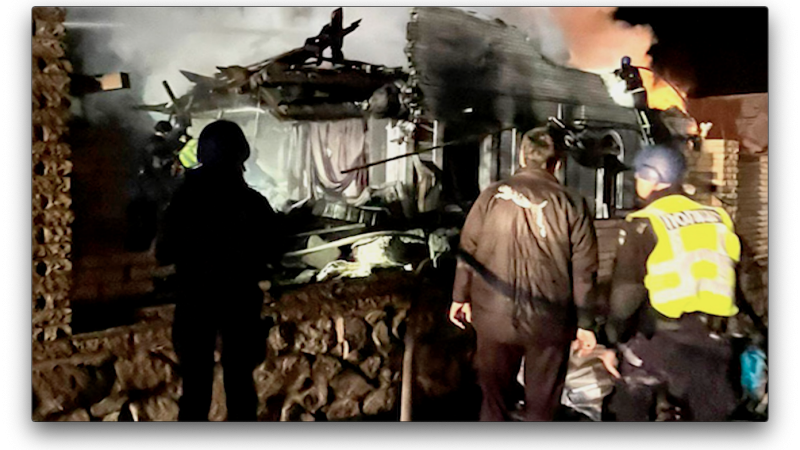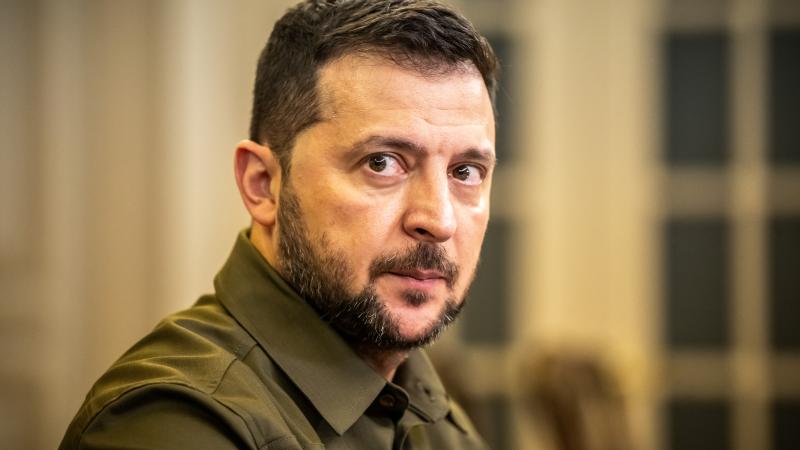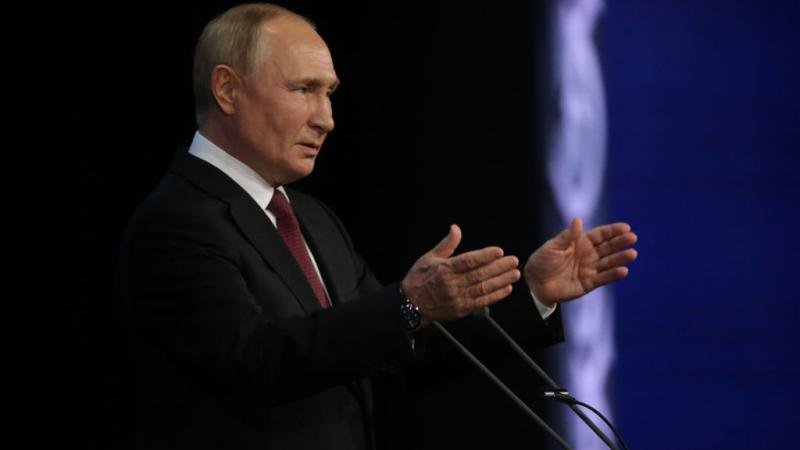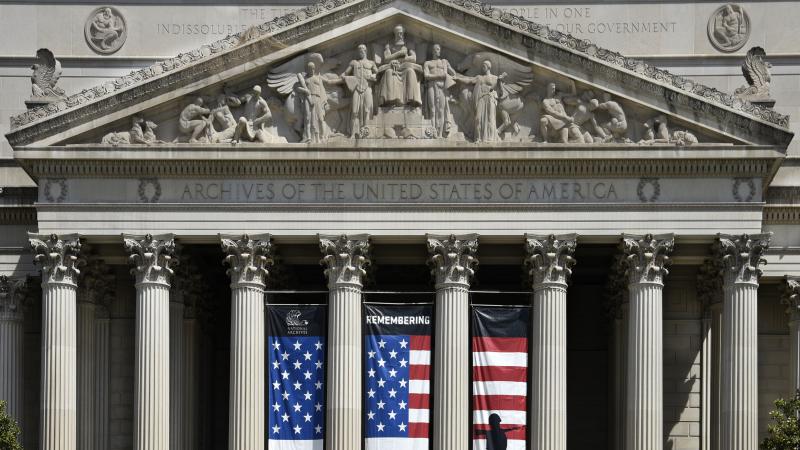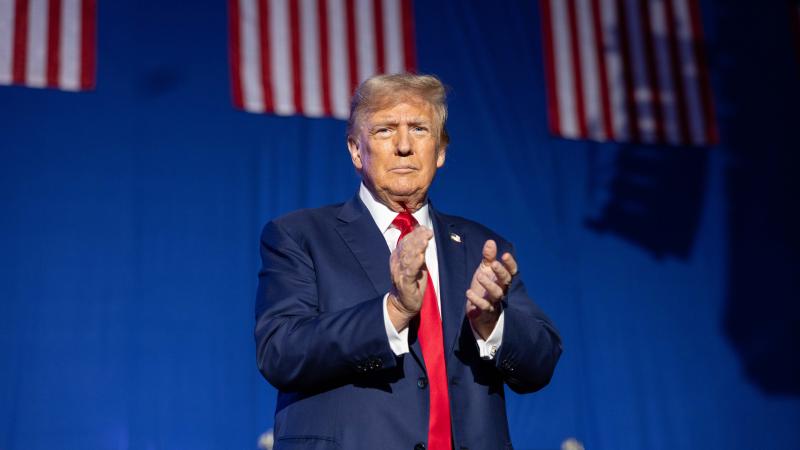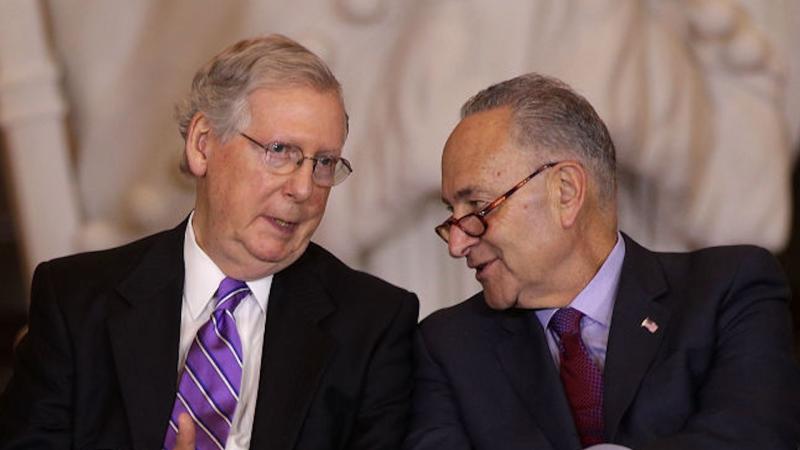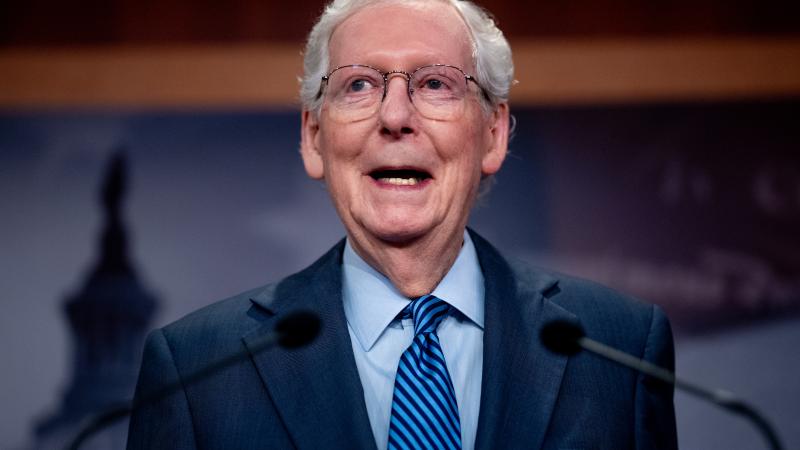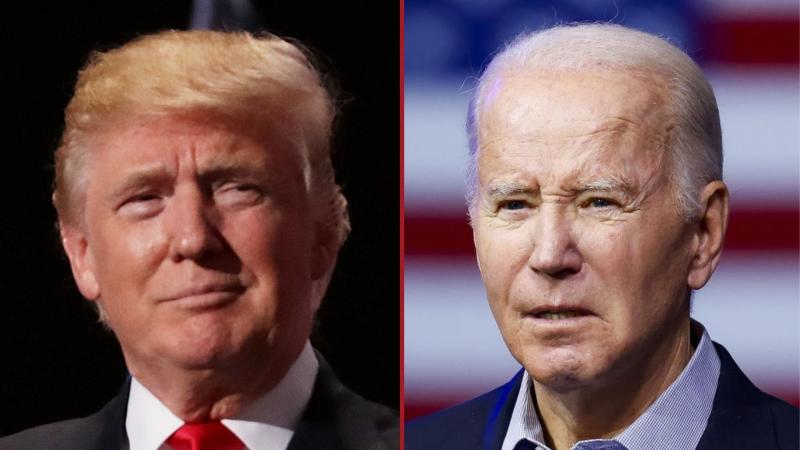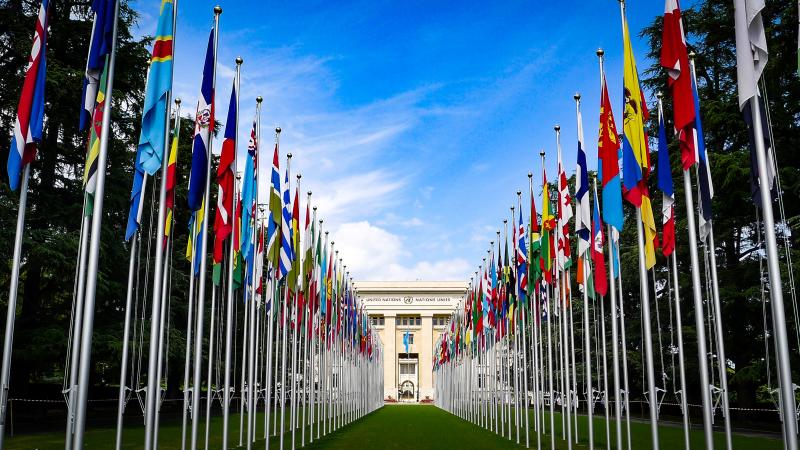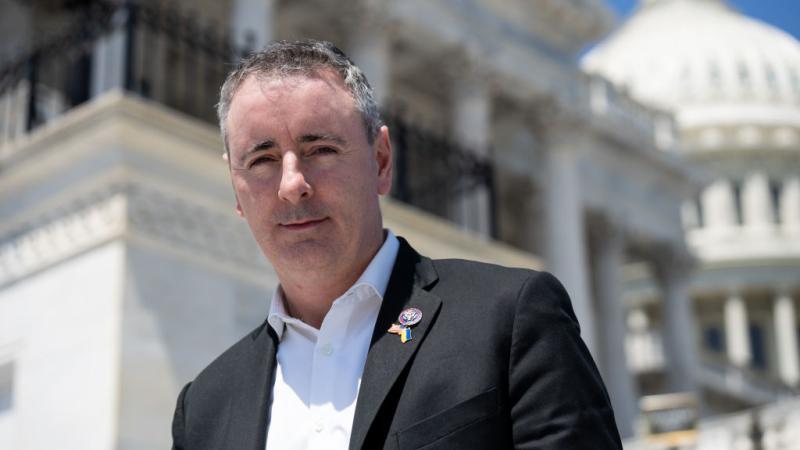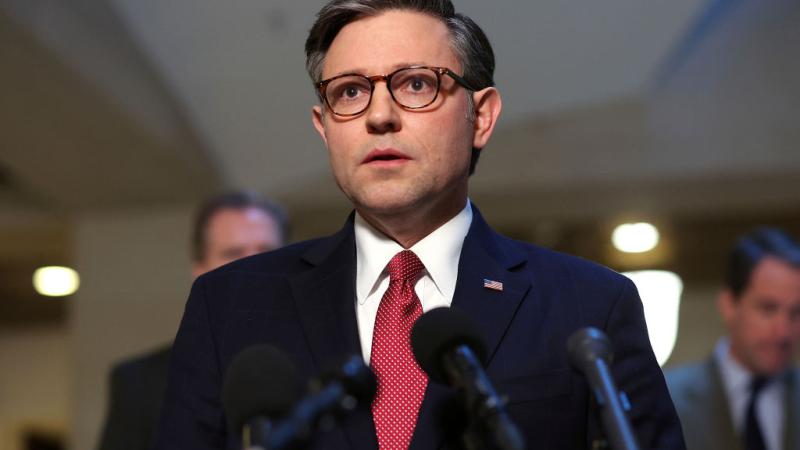FBI feared foreign power was targeting money to Clinton before 2016 campaign, memos show
Bureau delayed FISA warrant and instead gave candidate defensive briefing, in stark contrast to Trump, declassified memos show.
FBI agents opened an investigation in late 2014 into a foreign power's effort to curry influence with Hillary Clinton's prospective presidential campaign through donations, but the bureau's leadership slow-walked a surveillance warrant and instead arranged for the candidate to get a defensive briefing, newly declassified memos show.
FBI agents became so frustrated that they were being stonewalled from securing a Foreign Intelligence Surveillance Act warrant to investigate the foreign money plot that they even escalated to then-FBI Director James Comey, according to the memos declassified by President Trump on Tuesday night and obtained by Just the News.
"The FISA application has remained in limbo for the last four months, even though subsequent investigative activity by [redacted] provided additional probable cause for the FISA application," an FBI employee wrote Comey in an April 14, 2015 email in which he expressed concern he was "overstepping" his chain of command by raising his concerns.
That email stated the FBI field office leading the probe was "still uncertain as to why the application has not been sent to DOJ for final approval although several reasons have been put forth by CD [Criminal Division], most recently that the decision to put the application on hold originated 'on the seventh floor.'"
The seventh floor of the FBI headquarters is where the FBI director and his team have their offices and is a common reference among field agents to the FBI's management team.
Comey wrote back to the agent, "Don't know anything about this but will get smarter."
You can read the memos here.
The memos don't offer any further evidence that a FISA warrant was ever approved. Instead, they show that FBI leadership ultimately decided to give Clinton's team a defensive briefing in October 2015 as her presidential campaign geared up. The briefing was given to her legal team led by David Kendall and Katherine Turner, the memos show.
"Kendall and Turner were advised the FBI was providing them with this briefing for awareness and so Ms. Clinton could take appropriate action to protect herself," a summary memo stated. "They were also told the FBI was seeking their assistance to identify other appropriate recipients of the brief, if any."
The Clinton lawyers were told "the campaign should increase its vigilance of contributions related to any of the matters discussed above."
Reached by phone on Wednesday, Kendall declined comment.
The memos redact the name of the foreign country that was suspected of seeking the influence as well as the FBI field office that led the probe. But they do make clear the plot involved "foreign aid money that might be contributed to her campaign should/when she announce(s) her run for POTUS." The memos indicate there was no evidence Clinton herself was aware of the plot.
The memos, forced into public view by an 11th-hour declassification order by Trump, reveal a glaring contrast in the way the FBI treated Clinton and Trump, respectively, when separate allegations of foreign influence targeting their campaigns emerged in the shadows of the 2016 election.
It is now well documented that Trump's campaign was subjected to FISA warrant surveillance and other intrusive techniques, including secret recordings, when allegations emerged suggesting the Republican campaign was colluding with Russia.
Trump was never given a defensive briefing, and the primary evidence supporting the FISA warrant came from a former MI6 operative named Christopher Steele who was paid by the Clinton campaign through its law firm. The allegations were later debunked, some as Russian disinformation.
But in late 2014, the newly declassified memos show, the FBI feared a foreign government was planning to use money to curry influence with Clinton. After months of delay, the FBI's leadership began talking about giving her a defensive briefing rather than pursue a full-fledged FISA warrant.
"Though the information we [field office] received is currently specific to [foreign figure] wanting to give money to Clinton and the, thus far, unknown republican candidate, we would like this to be a general defensive brief," an FBI official wrote March 6, 2015.
But the idea to forego a more aggressive investigation using the FISA drew the anger of the field office, including one unnamed official who feared it was creating the appearance of special treatment and putting the FBI "further behind the curve on the intel" to disrupt the suspected foreign plot.
"I think his concern is that, from his end, it looks like FBI didn't want to pursue this FISA because we didn't send it over to the AAG [Assistant Attorney General] with the Director's Certification," a March 2, 2015 memo stated.

